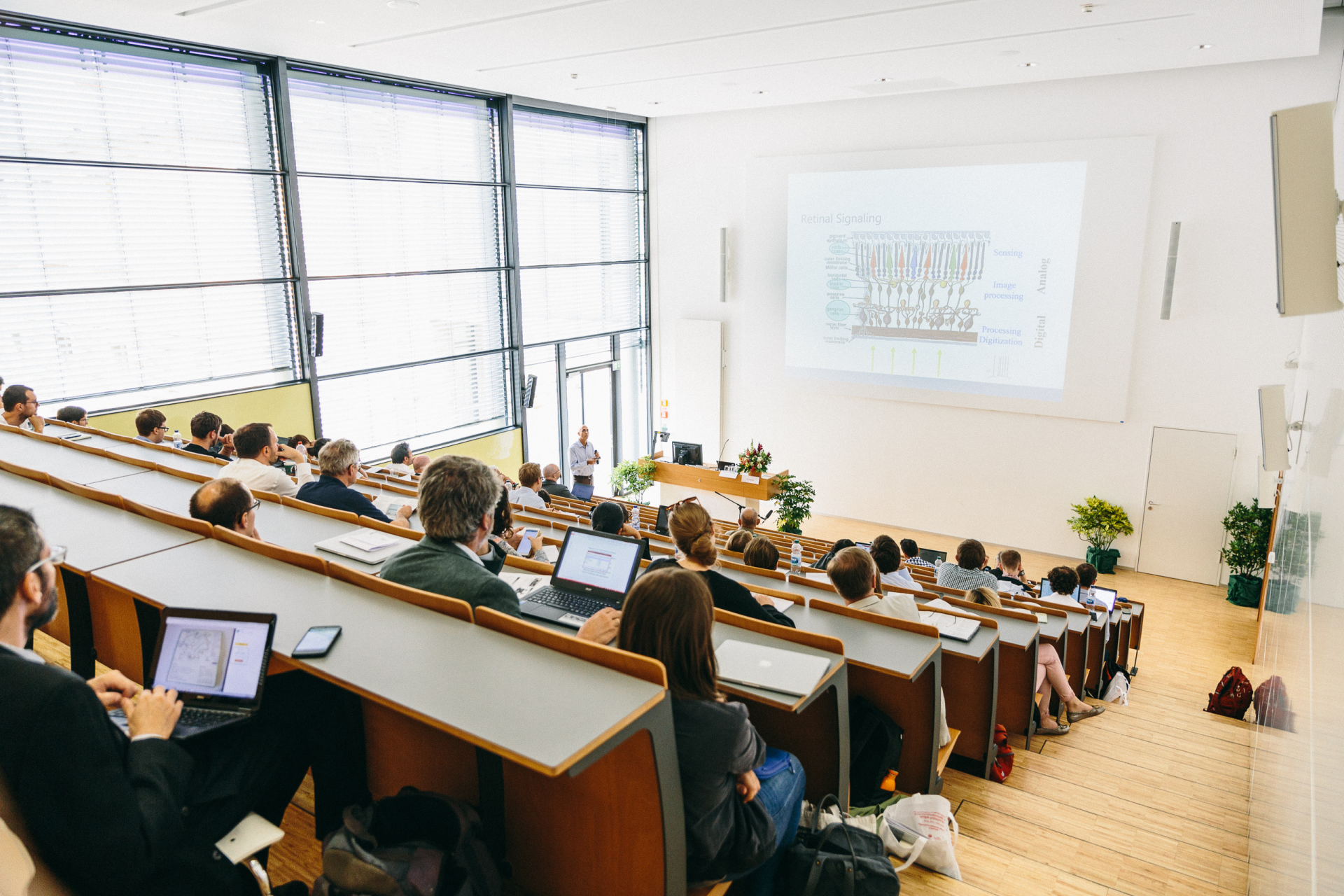attempto online - Termine
04.07.2018
Clinical Neurotechnology: New German-Israeli research alliance launched
Leading clinicians and scientists from Germany and Israel agreed to jointly develop innovative approaches for the treatment of depression, strokes and schizophrenia
From June 25-27, leading scientists, physicians and technology experts from Israel and Germany met at the 2018 German-Israeli Conference on Clinical Neurotechnologies and Healthy Aging at the University Hospital Tübingen. The conference aimed at discussing the latest advances in the field of clinical neurotechnology and exploring possibilities for more intensive research cooperations between both countries.
The conference presentations given by experts from Tel Aviv, Jerusalem, Beersheba, Tübingen, Ulm, Freiburg and Berlin covered a broad spectrum of neurotechnological research and development: In addition to the latest methods in brain stimulation and brain-machine interfaces (BMI) for the treatment of stroke patients and patients with mental disorders, the latest successes of the Reutlingen-based company Retina Implant were also presented. Impressive demonstrations of paraplegics who can now eat and drink independently again using a BMI, or blind people who can see again using a retina implant, have shown that clinical neurotechnologies can lead to enormous improvements of quality of life.
In addition to scientific exchange, the conference also made an important contribution to intensifying German-Israeli research cooperation. Numerous joint projects are planned in which the respective expertise of both countries in the fields of neurostimulation, robotics and artificial intelligence will be combined. In particular, the transfer of existing neurotechnologies into everyday clinical practice will be in the foreground. The conference will take place in Israel next year.
In addition to intensive discussions on the improvement and implementation of neurotechnologies, also the ethical dimensions were controversially discussed. While possible restoration of autonomy or the prospect of more effective treatment options for brain disorders undoubtedly speak in favor of their use, it also became clear that ethical limits in the use of neurotechnologies have to be considered. In particular, the protection of privacy and mental integrity (i.e. protection against so-called "brain hacking") must be guaranteed. It is already possible today to read out a person's intentions from their brain activity and to adapt digital devices to this activity without them noticing.
The rapid progress in the field of clinical neurotechnologies is unstoppable and a real blessing for patients, said Surjo Soekadar, organizer of the conference and senior physician at the Hospital for Psychiatry and Psychotherapy in Tübingen. Now it is important to set the framework conditions in such a way that the potential of these new technologies can fully develop, while possible risks are minimized. The new German-Israeli research alliance will make an important contribution towards this aim.
Surjo Soekadar

